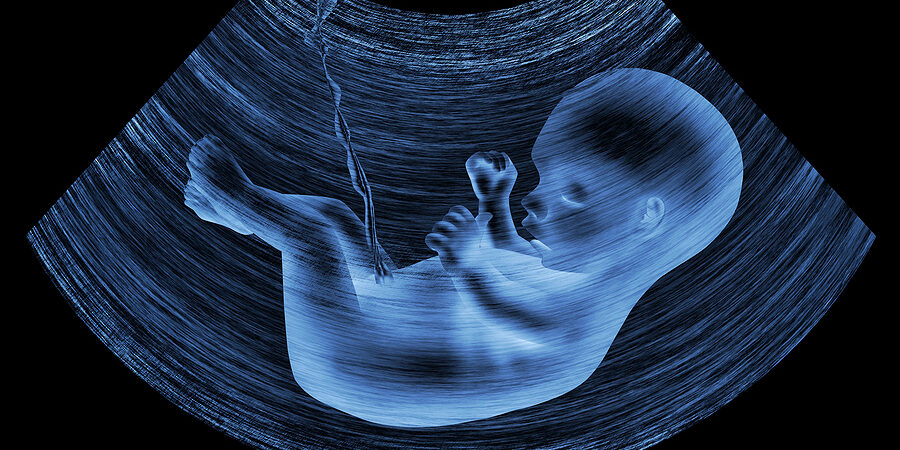The root cause of endometriosis may stretch right back to the time a baby girl is developing in her mother’s womb, a biologist has suggested.
Professor Bernard Crespi of Simon Fraser University in California pointed to graduate research at the Crespi laboratory, which he runs, indicating the problem is linked to a lack of parental testosterone at the prenatal stage.
Speaking to the university’s student newspaper The Peak, Professor Crespi explained that this hormonal imbalance will start to affect girls when they reach puberty and their menstrual cycle begins.
He said: “When your 12- or 16-week-old foetus is in the womb, there’s a sensitive period when the development of the reproductive system is taking place and the whole system is getting programmed,” adding that research by a graduate student at the Crespi laboratories had found a link between a lack of testosterone at this time and endometriosis.
Research showed that this lack of testosterone contrasted with the excess of the hormone linked with polycystic ovary syndrome.
The professor added: “Graduate student Natalie Dinsdale took the findings and realised this could be the key to understanding the disease as a whole.”
All this may help with early identification and treatment of patients before they even get symptoms, but for adult women suffering today, the best thing to do is to see an endometriosis specialist in London.
A wide range of treatments exist to treat the existing condition, ranging from surgery through to dietary changes and hormonal treatments such as taking the contraceptive pill.
The right treatment for you may depend on a range of circumstances such as your age, general health and whether you are seeking to get pregnant.
At present the condition cannot be cured and will only disappear with the menopause. But if the testosterone theory developed at Simon Fraser University proves to be accurate, it may be that one day there will be a way of diagnosing and preventing this in early life.






